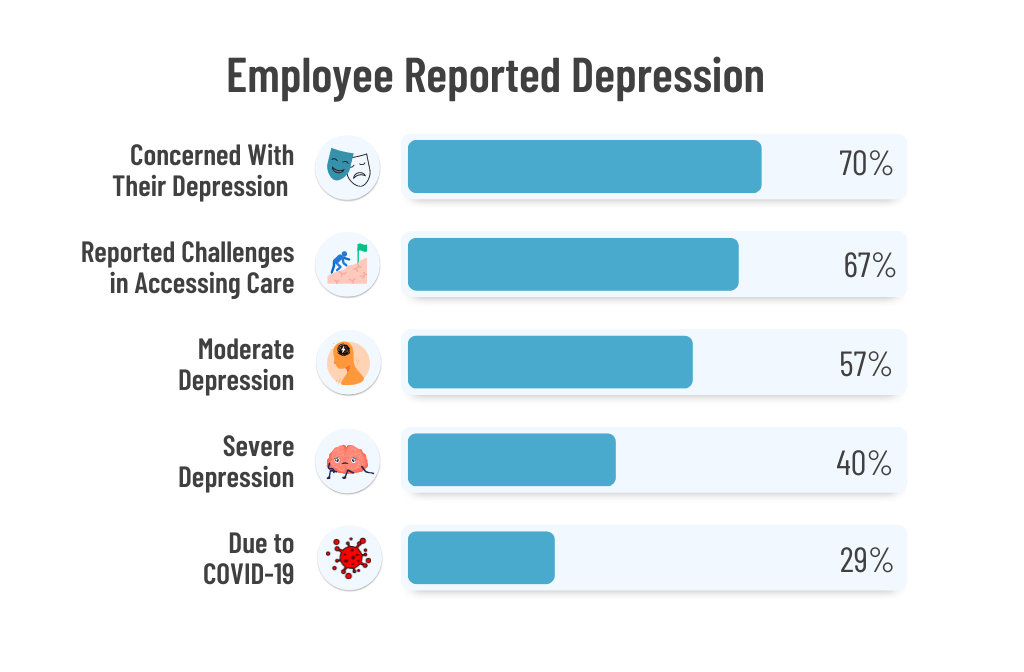
Our understanding of health and illness has evolved from a diagnosis-focused to a person-focused definition. Currently, the term “illness” refers to the existence of a disease, whereas “wellness” relates to how optimistic and joyful one feels about oneself and life. These criteria cover both physical and mental health issues.
Mental health includes all aspects of our physical, psychological, emotional, and social well-being. It affects our attitudes, feelings, and actions. Furthermore, stress affects how we handle it, communicate with others, and make decisions. Every stage of life—from childhood and youth through adulthood—is crucial for maintaining mental health.
Mental illness and poor mental health are not the same, despite the phrases sometimes being used synonymously. Even if a person may not have a mental disorder, they might have poor mental health.
Earlier, Mental Health was not recognized as it should have been. Treatment for mental illness has been hindered by perceptions that emotional, cognitive, and behavioral abnormalities reflect personal weakness or poor decisions. A mismatch exists between the severe effects of mental illness on public health and our society’s meager efforts to address them. Here are three of its instances :
Mental Healthcare has also achieved significant advances during the past century, just as other medical specialties have. The physiology and biochemistry of the brain are now fully understood, which coincides with integrating mental health treatment into mainstream medical practice.
As per Pathways’ Employee Mental Health Statistics for 2022

70% Enrolled in Wellness Programs Report Higher Job Satisfaction.
Treatment for mental illness has seen a significant shift in our approach. Individual or group therapy can be beneficial to people diagnosed with mental illness. Treatment not only helps in healing but also makes one stronger.
But, there is still a vast gap between the rhetoric of this new policy and its execution. The combination of mental health and primary health care has resulted in a significant change from the paradigm of custodial care to one that concentrates on care and treatment.
According to a report by Assocham, about 43% of employees in India’s private sector have mental health problems. It is essential to create awareness about mental health and illness among corporate employees. A person with symptoms might consult a primary care physician or a therapist. Numerous professionals, such as psychologists, psychiatrists, and therapists, can provide the client with outpatient mental health care. Now is the crucial moment to introduce Wellness Services for Corporates.
And as Mel Robbins says, “Your mental health is everything- prioritize it. Make the time like your life depends on it, because it does.”
For More info Contact Us-
Avyukt Healthcare – Corporate Wellness Company


It¦s in point of fact a nice and helpful piece of info. I¦m happy that you simply shared this helpful information with us. Please stay us informed like this. Thank you for sharing.